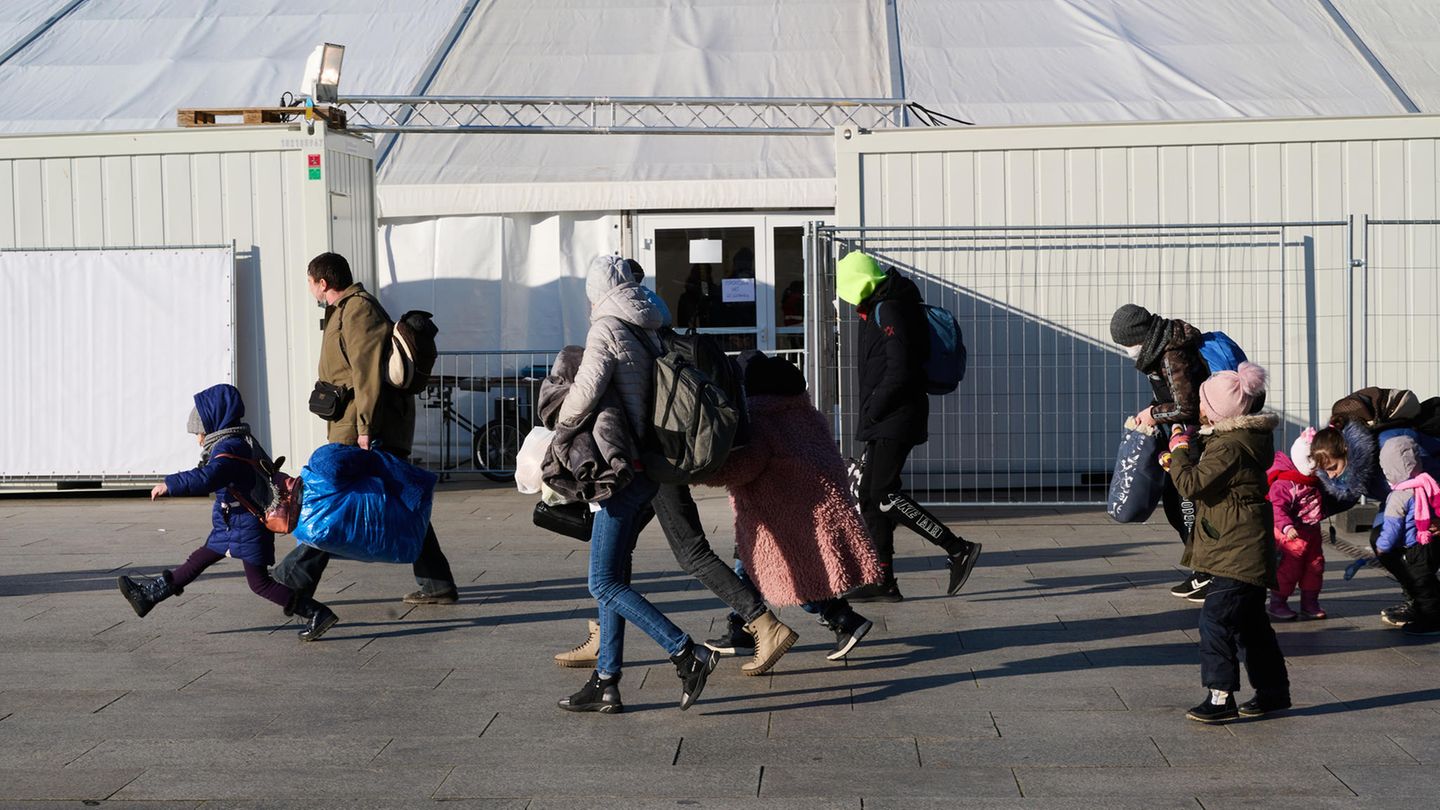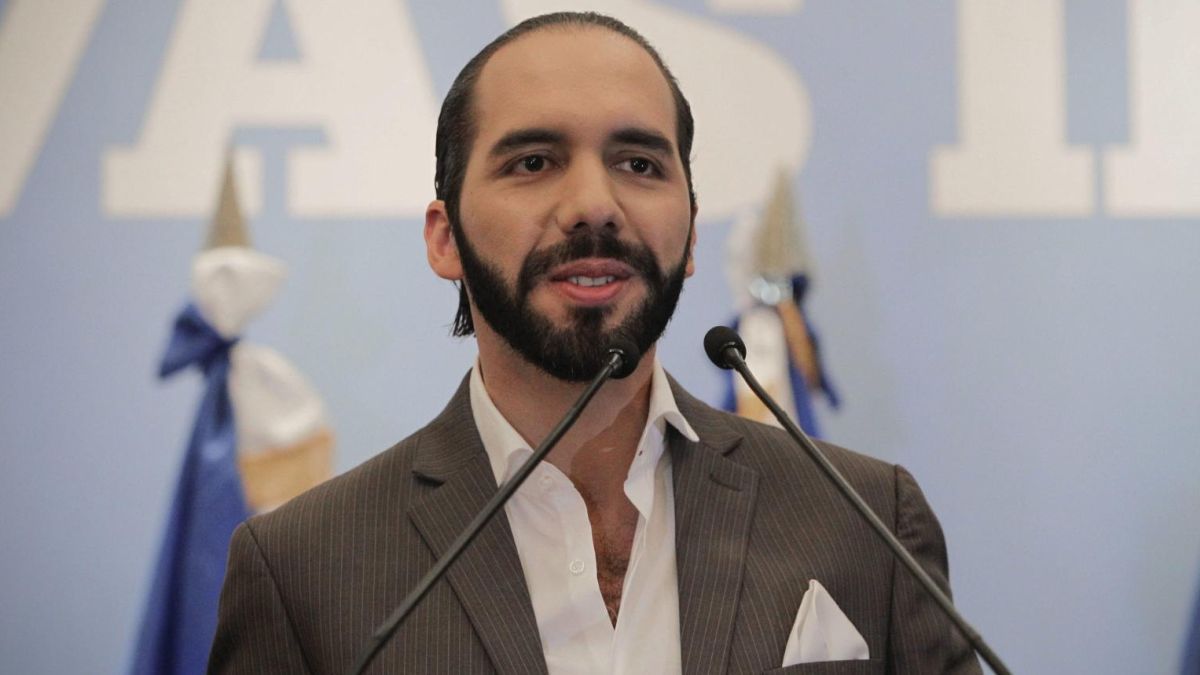Taking in the many war refugees is a huge challenge – for the federal, state and local governments. And the coordination is still lacking. Criticism of the government is growing.
The critical voices are getting louder. The accusation: the federal government is not doing enough for the war refugees from Ukraine. Federal Minister of the Interior Nancy Faeser (SPD) must finally “take care of the coordination of the reception and help for women and children between federal, state and local authorities,” said deputy CDU chairwoman Silvia Breher to the German Press Agency. “I only see laissez-faire instead of leadership. The women and children who have fled Ukraine suffer from this,” said Breher. “It must be ensured that the arrival and reception of refugees are finally better coordinated – by the state. The traffic light leaves too much to chance.”
The chairman of the conference of interior ministers, Bavarian interior minister Joachim Herrmann (CSU), described the quick help for the refugees as “a joint national and European effort”. The CSU politician emphasized in the editorial network Germany (Wednesday) that the federal government had promised a fair distribution among the federal states and relief for the hotspot regions. But an orderly and fair distribution between the EU members is just as important. “Here, too, I see the federal government as having a duty,” said Herrmann.
Distribution of refugees across Europe
The North Rhine-Westphalian Minister for Refugees Joachim Stamp (FDP) also called for a solidarity distribution of the refugees throughout Europe. Chancellor Olaf Scholz must “immediately invite you to a European summit” with French President Emmanuel Macron, Stamp demanded in the “Frankfurter Allgemeine Zeitung”. Federal Interior Minister Faeser assured in the RND interview: “It is now about the best possible care, accommodation and distribution – both within Germany and within the EU.” At the same time, she promised to provide additional accommodation in federal real estate.
The German Association of Cities called for a federal, state and local refugee summit to regulate the distribution of war refugees in the federal states. “We lose too much time with the coordination between the federal and state governments,” complained the chief executive of the city council, Helmut Dedy, in the “Rheinische Post” (Wednesday). A refugee summit should send out the signal that we want to work together to cope with the movement of refugees through this war with a great effort.” The city council also expects clear commitments from the federal and state governments that they will support the cities to a large extent in financing accommodation and care of people support.
Financial support required
IMK chairman Herrmann assumed that some of the Ukrainian war refugees would stay in Germany permanently. “Even if we cannot foresee the further development of the war and we hope together that the conflict will end quickly and that people can return to their homes, we have to be prepared for permanent accommodation,” Herrmann told the newspapers of the Funke media group (Wednesday). . In this case, the federal government should “not leave the states and municipalities out in the rain,” said the CSU politician.
According to the Federal Ministry of the Interior on Tuesday, around 160,000 people have traveled to Germany from Ukraine since the start of the Russian war of aggression. However, only refugees who are identified by the federal police, for example at the border or on trains, are recorded. However, since there are usually no fixed border controls at the internal EU borders and Ukrainians are initially allowed to enter Germany without a visa, the number of war refugees entering Germany is probably significantly higher.
Interior Minister Faeser made it clear that, despite the large number of refugees, there would be no stationary border controls at the German border. The situation is completely different from 2015, and there is no legal basis for controls, said the SPD politician on “Bild live”.
Source: Stern
David William is a talented author who has made a name for himself in the world of writing. He is a professional author who writes on a wide range of topics, from general interest to opinion news. David is currently working as a writer at 24 hours worlds where he brings his unique perspective and in-depth research to his articles, making them both informative and engaging.




